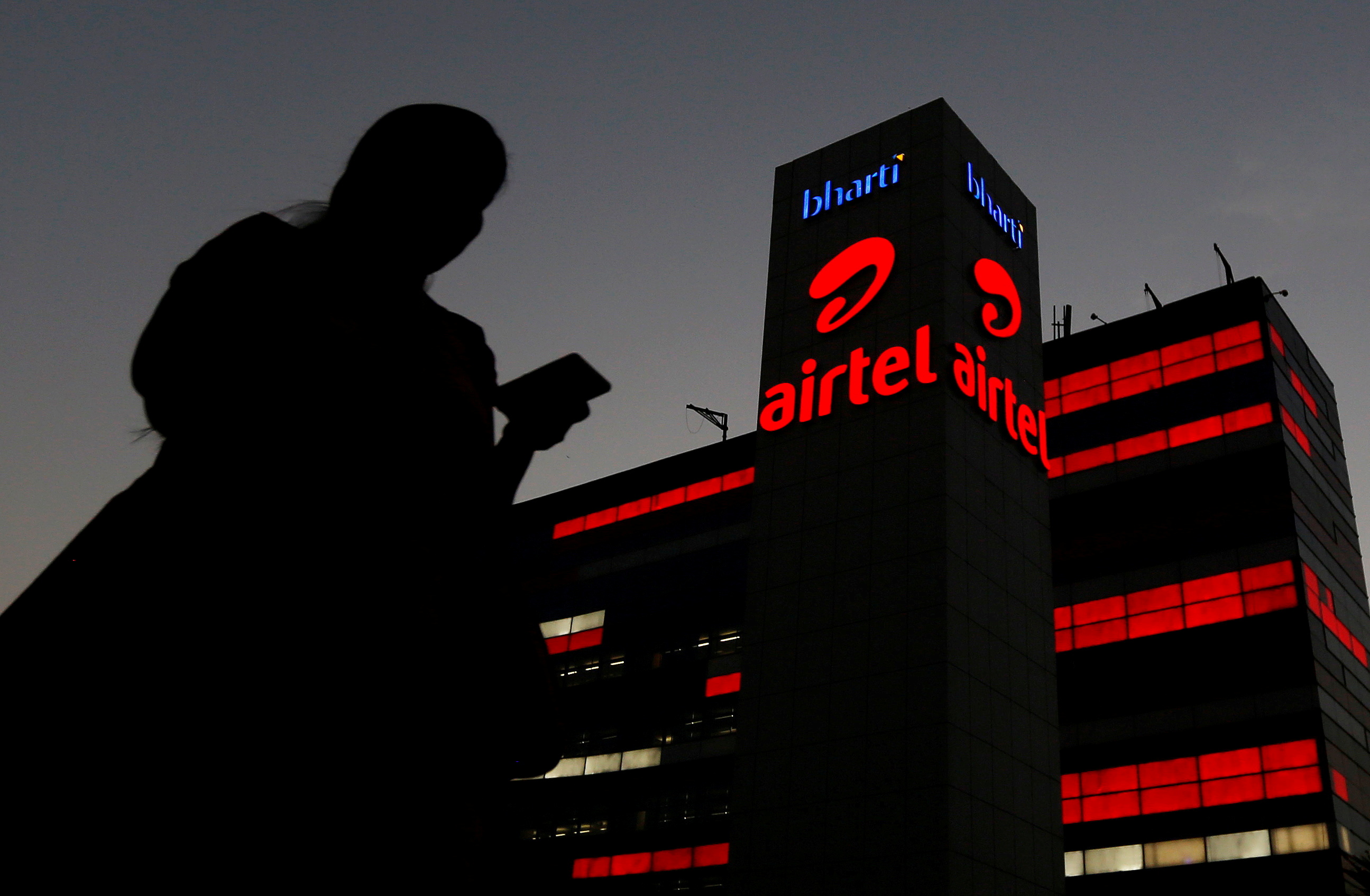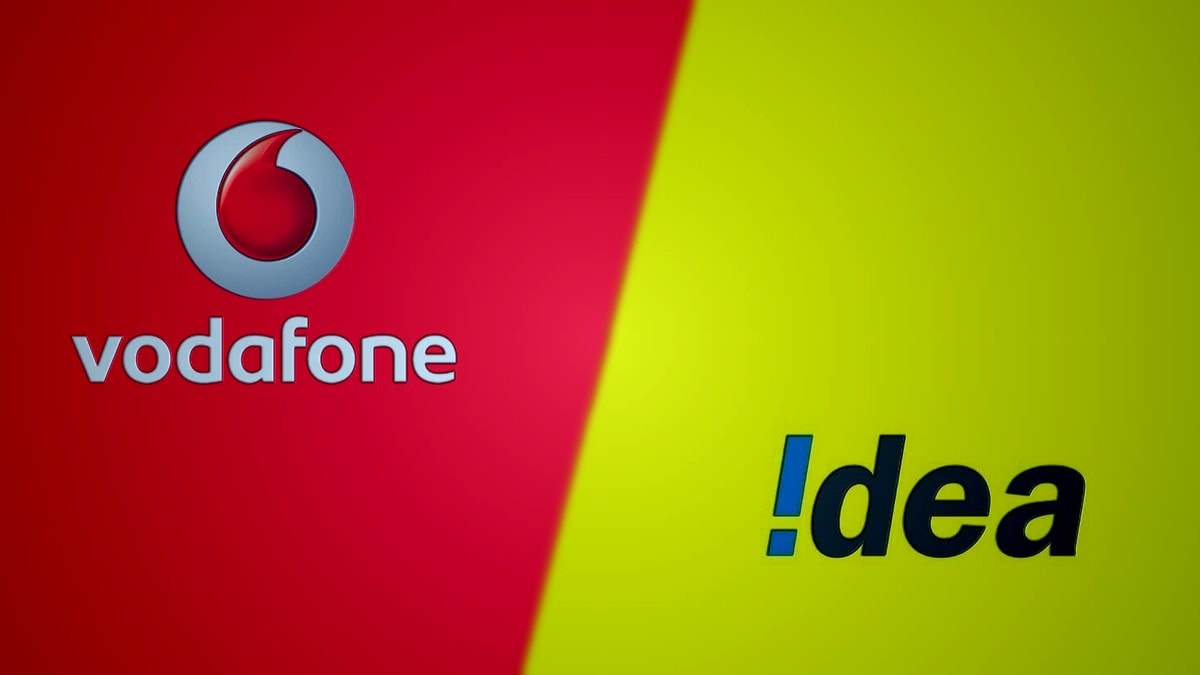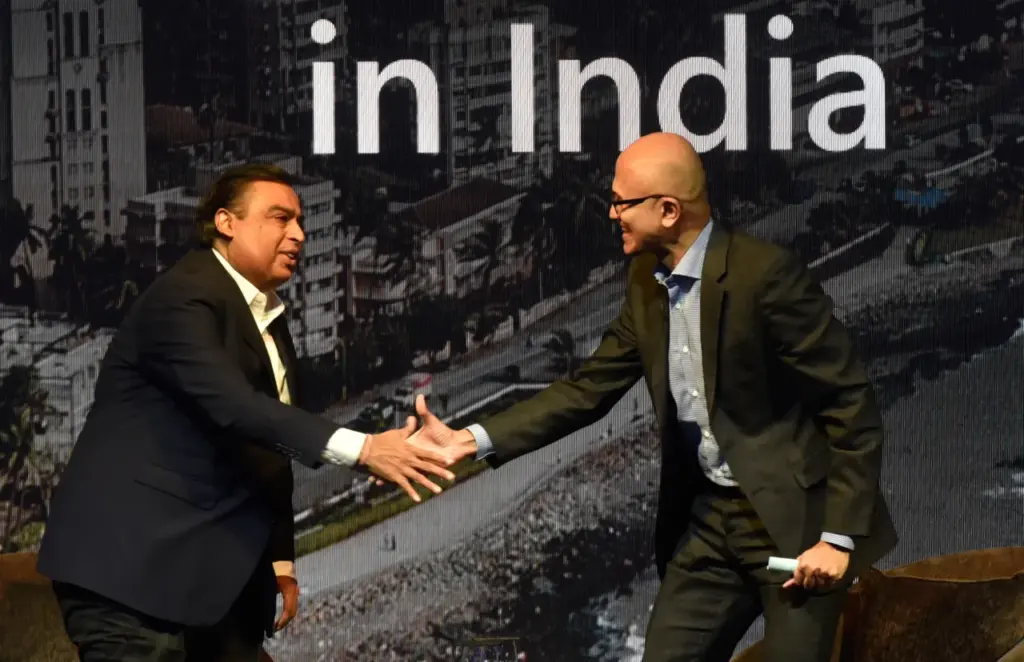US tech giants are resisting India’s telecommunications networks‘ efforts to impose stricter internet service regulations
They reject the argument that these measures are necessary to establish a “level playing field” and address national security concerns.
The Asia Internet Coalition (AIC), a formidable industry organisation that represents Amazon, Apple, Google, Meta, Microsoft, Netflix, and Spotify, has vigorously opposed the incorporation of over-the-top (OTT) services in the proposed regulatory framework (PDF) for telecommunications operators.
The AIC stated in a submission to the Telecom Regulatory Authority of India (TRAI) that there are fundamental distinctions in technology, operations, and functionality between OTT services and traditional telecom operations.
Telecom service providers (TSPs) operate on the network layer, while over-the-top (OTT) services operate on the application layer. In contrast to TSPs, OTT providers are not entitled to acquire spectrum, obtain numbering resources, or interconnect with the public switched telephone network.
The AIC stated in its submission that OTT communication services are not a substitute for traditional telecom services. It also noted that OTT services provide supplementary features such as group conversations, voice notes, and in-app content sharing.
The AIC cautioned that including internet services in the new framework could violate net neutrality principles and jeopardise consumer interests.
“We would like to assert that OTT communication services are already subject to various laws, including the IT Act and the rules and regulations issued in its name, as “intermediaries.” The AIC also stated that concerns regarding the operation of OTT communication services in an ecosystem without regulatory supervision are unfounded.
The coalition contends that India already has an adequate number of regulations that regulate OTT services, such as the IT Act and associated regulations, which mandate interception, content takedown, incident reporting, and user grievance redress.
This resistance directly results from a concerted effort by India’s leading telecommunications companies, including Bharti Airtel, Reliance Jio, and Vodafone Idea, to establish a new authorisation framework for over-the-top (OTT) services.



With over 475 million subscribers, Jio, India’s largest telecom operator, has recommended that OTT providers contribute to network development costs by their traffic consumption, turnover, and user base. Other telco operators agree with this recommendation.
Telecommunications companies are making a drive as they struggle with a low average revenue per user of approximately $2 per month. The carriers are pursuing regulatory intervention to increase margins, having collectively invested $19 billion in 5G airwaves last year.
The AIC refuted allegations that OTT services are “free-riding” on telecommunications infrastructure. According to Jeff Paine, the managing director of AIC, OTT services have resulted in a rise in data consumption and revenues for carriers.
The AIC also contended that the Telecommunications Act of 2023 would exceed its intended scope if it were to regulate OTT services. The coalition observed that the telecoms minister, Ashwini Vaishnaw, clarified during the introduction of the Act in Parliament that “OTT has been regulated by the IT Act of 2000 and continues to be regulated by the IT Act” and that “the new telecom bill passed by the Parliament does not cover OTT.”
The debate in India is reminiscent of comparable discussions in South Korea and Europe, where network operators also advocate for contributions from large technology companies.
